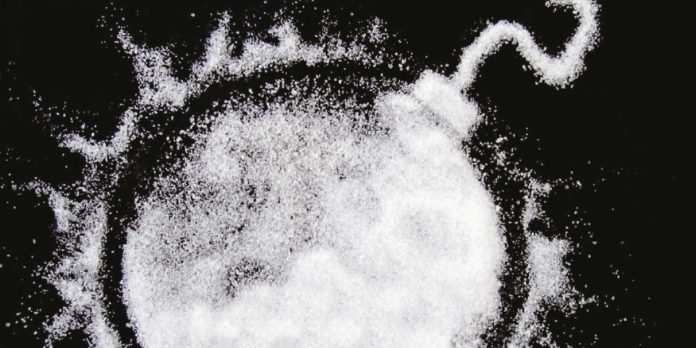David Burrows on a possible way to help boost sales of low- and no-sugar food post-Brexit.
In August, the government released proposals for a temporary ‘frictionless’ market and customs area with the EU following Brexit. These were met by derision by the EU’s Brexit negotiating team, but were at least a welcome sign for UK industry.
Avoiding a ‘cliff-edge’ scenario, where tariffs and customs checks are reintroduced and prices rocket overnight post-Brexit, remains front of mind, particularly within the food industry. But as well as squeezing margins, could new trade barriers fuel obesity as shoppers stock up on cheap junk food?
Sugarwise, the certification authority for sugar claims, thinks so. It has argued that low- or no-sugar products are already more expensive than their ultra-processed counterparts, so if Brexit leaves the UK facing new tariffs, some healthy brands would end up out of reach.
Availability is already a headache, but post-Brexit, things could get worse, Sugarwise founder Rend Platings says. Manufacturers of low- or no-sugar items are banging on the doors of the major food distributors but are not being let in, she says. “I don’t know why, as parents are trying to cut or avoid added sugar when shopping for their kids,” she adds.
Low- and no-sugar options accounted for 29% of soft drink sales in the convenience sector last year, according to Britvic’s annual review, with soft drinks the third most popular reason for visiting a c-store. Some 54% of Brits also look for low-sugar content when shopping for healthy food, according to analyst Mintel. Reduced sugar options are performing well in categories as diverse as yoghurts and baked beans, too.
Cost can be a barrier for some of these products and many of the items Sugarwise certifies aren’t cheap. Reformulating goods to cut their sugar content while keeping them tasty can be a long and expensive process. ‘Wholesome’ ingredients also tend to cost more, and the firms behind them are not blessed with economies of scale.
That means big tariffs on products moved to and from the EU could hit these small businesses hard.
“Slap tariffs on other categories if you want, but allow lower sugar, manufactured foods to come and go across the border duty-free,” Platings argues. “The health of disadvantaged communities will suffer if taxes are allowed to be levied.”
As well as cost, there’s a chance people are confused, too. Sugarwise launched last year to increase demand for low-sugar options and make it easier to identify them. Its logo appears on food with less than 5g of free sugars per 100g and drinks with less than 2.5g per 100ml.
Most of the products certified are made by SMEs, but a new Britvic Robinsons drink will also carry the logo.
A poll of 271 shoppers by Research Engine saw 75% of respondents claim they ‘might’ or would ‘definitely’ switch from their usual brand to one carrying the Sugarwise logo. A small sample, yes, but Platings says there is a “huge opportunity” for wholesalers’ customers to tap into the trend for clearly-labelled, low-sugar products.
It’s food for thought, not least with the impending ‘soft drinks industry levy’ set to affect your business in a matter of months.








